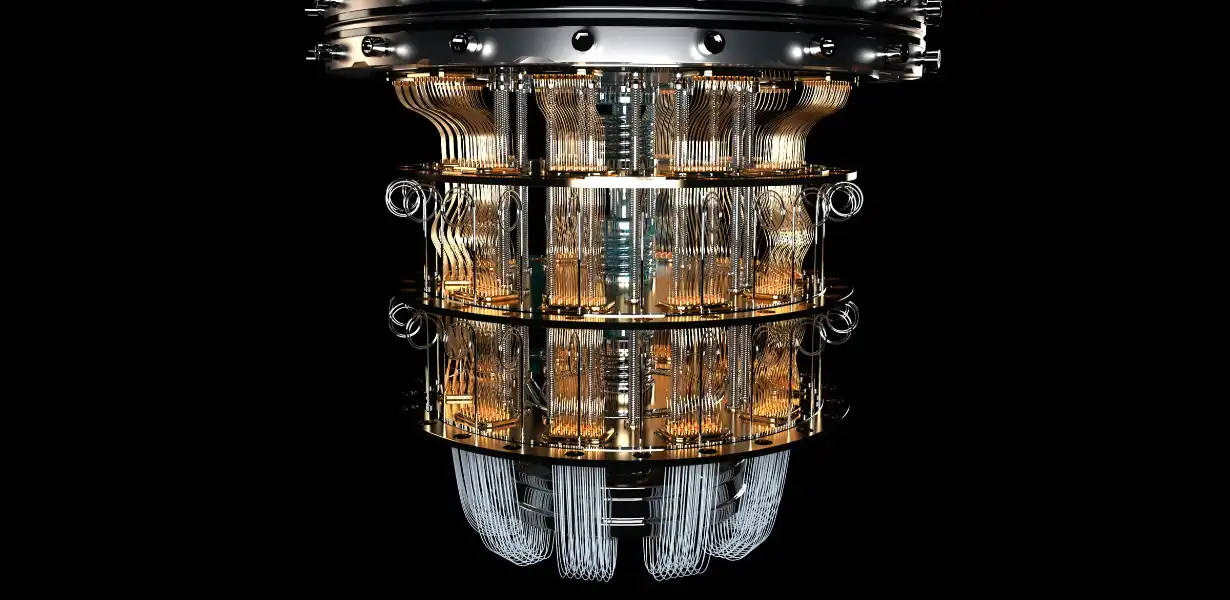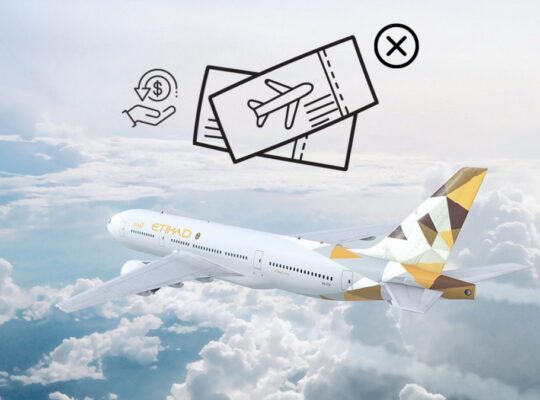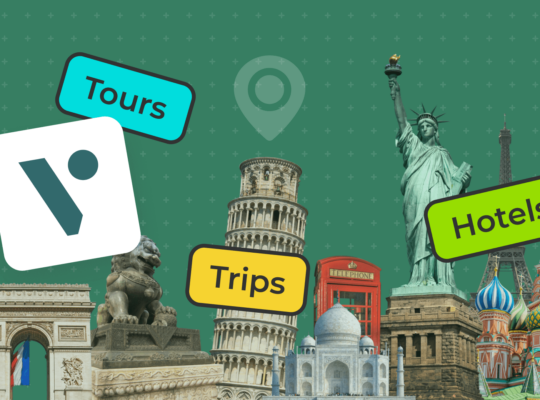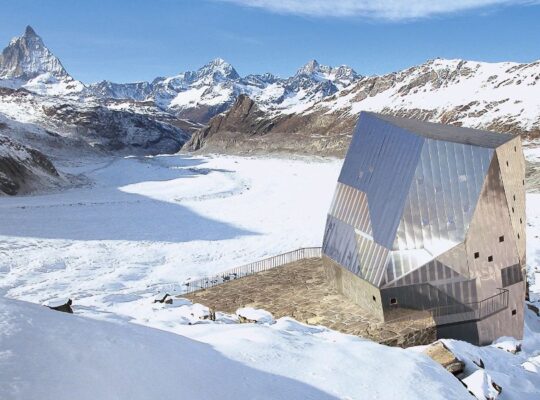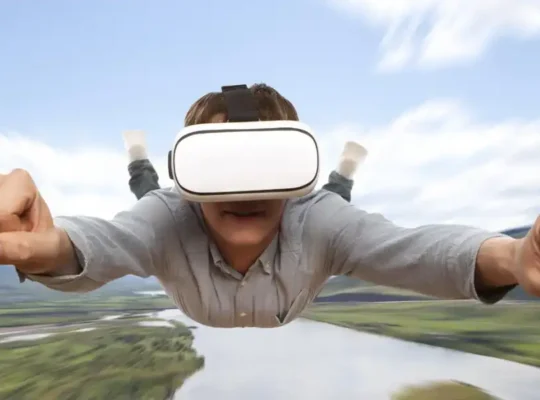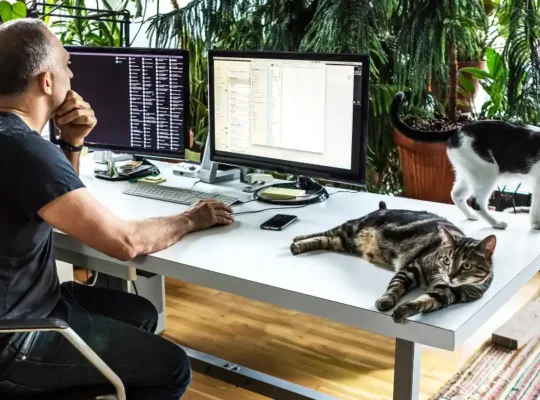In the ever-evolving landscape of technological advancement, quantum computing stands as a beacon of unprecedented processing capabilities. As we delve into the intersection of quantum computing and ancient mysteries, a captivating journey unfolds. This blog explores the synergies between the cutting-edge quantum computing realm and the enigmatic tales of ancient sites.
Unraveling Quantum Computing
Quantum computing, a paradigm shift from classical computing, harnesses the principles of quantum mechanics to process information. With qubits replacing classical bits, the computing power reaches astronomical heights, opening doors to solving complex problems that were once deemed insurmountable.
The implications of quantum supremacy extend beyond our current understanding, paving the way for uncharted territories in computation.
Ancient Sites: Windows to the Past
Ancient sites have long fascinated historians, archaeologists, and enthusiasts alike. From the Egyptian pyramids to Machu Picchu, these structures are repositories of untold stories. Quantum computing offers a unique lens to decipher the mysteries that shroud these ancient marvels, promising breakthroughs in historical reconstructions.
Quantum Archaeology: Peering into History
Quantum archaeology emerges as a groundbreaking concept, marrying the precision of quantum computing with archaeological pursuits. By processing vast datasets with unparalleled speed, quantum computers aid in reconstructing historical events, revealing the secrets hidden within the layers of time.
Encoded Secrets of the Past
The encoding power of qubits enables the analysis of ancient scripts and languages, accelerating the translation of inscriptions and manuscripts. Quantum computers act as linguistic time travelers, unveiling the linguistic nuances of civilizations long gone.
Quantum Entanglement: Bridging Timelines
The phenomenon of quantum entanglement, where particles share a mysterious connection regardless of distance, offers a metaphorical bridge across timelines. This intrinsic connection can potentially facilitate a deeper understanding of interconnected ancient civilizations.
Navigating Quantum Time Gates
In the quantum realm, time is not a linear construct. Quantum computers, with their ability to process multiple timelines simultaneously, provide a unique avenue to navigate through different epochs. This temporal flexibility unlocks new avenues for historical exploration.
Ancient Wisdom Meets Quantum Intelligence
Quantum computing doesn't replace human intuition but enhances it. By merging ancient wisdom with the computational prowess of quantum systems, a symbiotic relationship emerges. This fusion holds the potential to uncover insights that transcend conventional analytical approaches.
The Cryptic Language of Quantum Hieroglyphs
As quantum algorithms decipher patterns and correlations, they become the modern-day hieroglyph interpreters. The cryptic language of quantum computations mirrors the intricate symbolism of ancient scripts, offering a parallel between the old and the new.
Quantum Computing in Archaeological Simulations
Simulation of archaeological processes gains unprecedented accuracy with quantum computing. From site reconstructions to understanding the evolution of ancient landscapes, quantum-powered simulations redefine the boundaries of archaeological research.
Challenges on the Quantum Expedition
While the marriage of quantum computing and ancient mysteries holds immense promise, challenges loom on the horizon. Quantum decoherence, algorithmic refinement, and ethical considerations pose hurdles that demand careful navigation on this innovative journey.
Final Words
In the symphony of quantum computing and ancient mysteries, we witness a harmonious convergence. The quantum leap into the past, facilitated by next-gen processing power, reshapes our understanding of history. As the digital meets the ancient, a new era of discovery unfolds, promising insights that transcend the boundaries of time.
Commonly Asked Questions
Q1: How does quantum computing impact archaeological research?
A1: Quantum computing accelerates data processing, aiding in the reconstruction of ancient sites and deciphering historical scripts with unprecedented speed.
Q2: Can quantum computers truly navigate through different timelines?
A2: Quantum computers process multiple timelines simultaneously, providing a unique perspective on historical events and interconnected civilizations.
Q3: What challenges does quantum computing pose in decoding ancient mysteries?
A3: Challenges include quantum decoherence, algorithmic refinement, and ethical considerations, requiring careful navigation for meaningful results.
Q4: How does quantum entanglement contribute to understanding ancient civilizations?
A4: Quantum entanglement acts as a metaphorical bridge, fostering a deeper understanding of interconnected ancient civilizations and their shared histories.
Q5: How can quantum computing enhance archaeological simulations?
A5: Quantum-powered simulations offer unprecedented accuracy in reconstructing ancient landscapes and understanding the evolution of archaeological sites.


